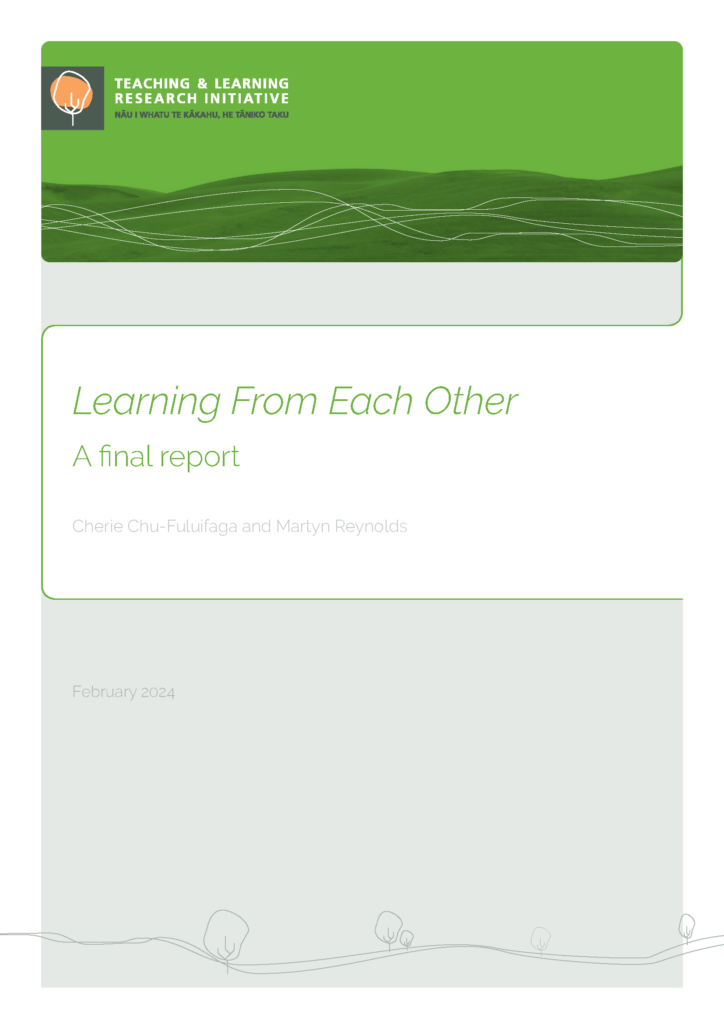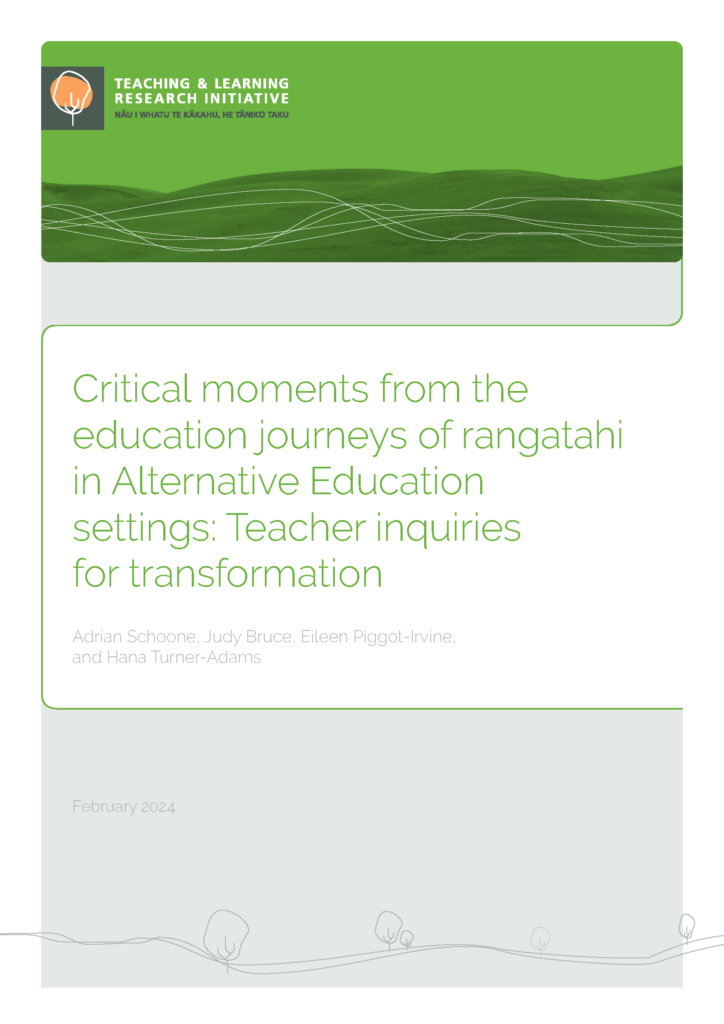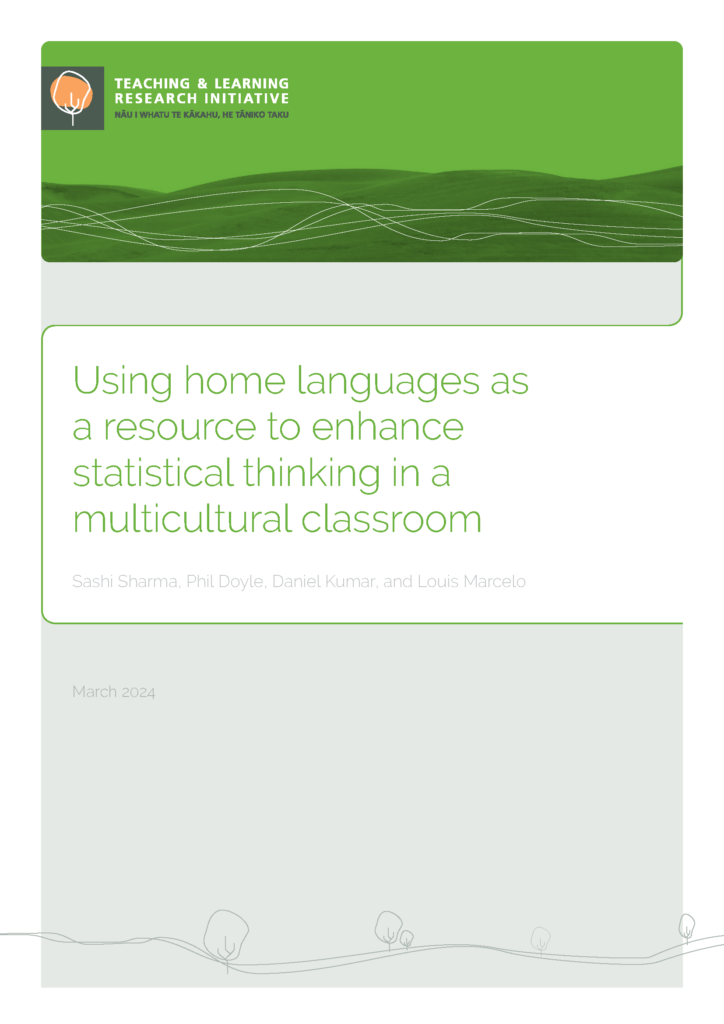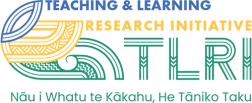Research Principles
Strategic Value
The projects must align with current and future priorities for teaching and learning within and across the early childhood, school, and tertiary sectors. Of special interest is a focus on deepening our understanding about how we might address current inequities in educational outcomes and on creating the teaching and learning processes that will support success for all types of learners in the 21st century.The proposed research needs to:
- Consolidate and build knowledge. The questions must align with the most vital research areas in each of the education sectors. Proposals should acknowledge existing knowledge on teaching and learning and research paradigms and methodologies, and demonstrate how the research can build on the knowledge base.
- Identify and address gaps in our knowledge. Questions need to be posed that will increase our knowledge and understanding about key educational issues within New Zealand. Proposals need to show how new knowledge about teaching and learning would be created to complement, and address gaps in, existing knowledge.
Research value
The projects must be designed in ways that contribute to the TLRI aims of building knowledge and developing research capability in the area of teaching and learning. The projects also need to be designed as partnerships where the collective knowledge of researchers and practitioners is applied to problems in practice. The proposed research needs to:- Pose a research question (or questions) that advances learning in the field and contributes to what is already known.
- Clearly describe data collection methods which follow a logical line from the questions themselves.
- Create a data analysis plan that gives an idea of how the data will be managed and analysed and how these data will then answer the research question(s).
- Detail the quality-assurance processes.
- Show consideration of the context of practice in which the research will be conducted and give careful thought to the relationships and roles within the project team and issues such as knowledge, ownership, power, and decision making.
- Involve a team of researchers and practitioners that is led either by an experienced researcher or an experienced practitioner. If the latter, the team needs an experienced researcher acting as an adviser.
- Provide opportunities for developing the expertise of less experienced researchers.
Practice value
The projects need to contribute to improving practice and outcomes for learners. Projects must give priority to dissemination strategies that maximise opportunities for critique and dialogue with the teacher and researcher communities, and that demonstrate their practical application, especially with regard to their potential to impact on learning.The proposed research needs to show the:
- Likely impact on practice. It should demonstrate how the research might inform current and future practice. This could occur as part of the research process itself as well as through dissemination and application of the findings. Dissemination strategies need to be designed to share findings with the community of interest and engage practitioners with research-informed practices that are known to have a positive influence on learning.
- Impact on learning. The proposal must demonstrate potential for practical application and indicate how it could lead to improvements in outcomes for learners.
Join the
TLRI mailing list
Confirm what happens to email addresses submitted? ie processes around the TLRI email subscriber list
Recently Completed

Cherie Chu-Fuluifaga and Martyn Reynolds
Sector: Pacific Focused, School

Adrian Schoone, Judy Bruce, Eileen Piggot-Irvine, and Hana Turner-Adams
Sector: School

Sashi Sharma, Phil Doyle, Daniel Kumar, and Louis Marcelo
Sector: School
Project Categories
Can we discuss navigation by Categories at our next meeting. Only 5 projects have been put into sub-categories (Maths and Assessment) above. It would be useful to have feedback as to whether it’s worth creating and assigning sub-categories for all the projects

